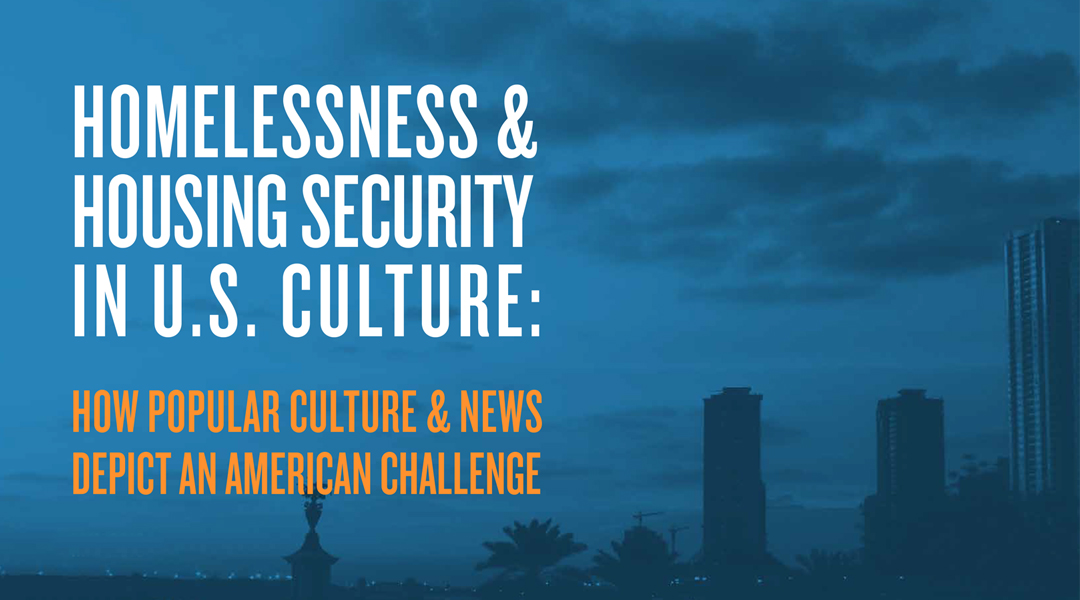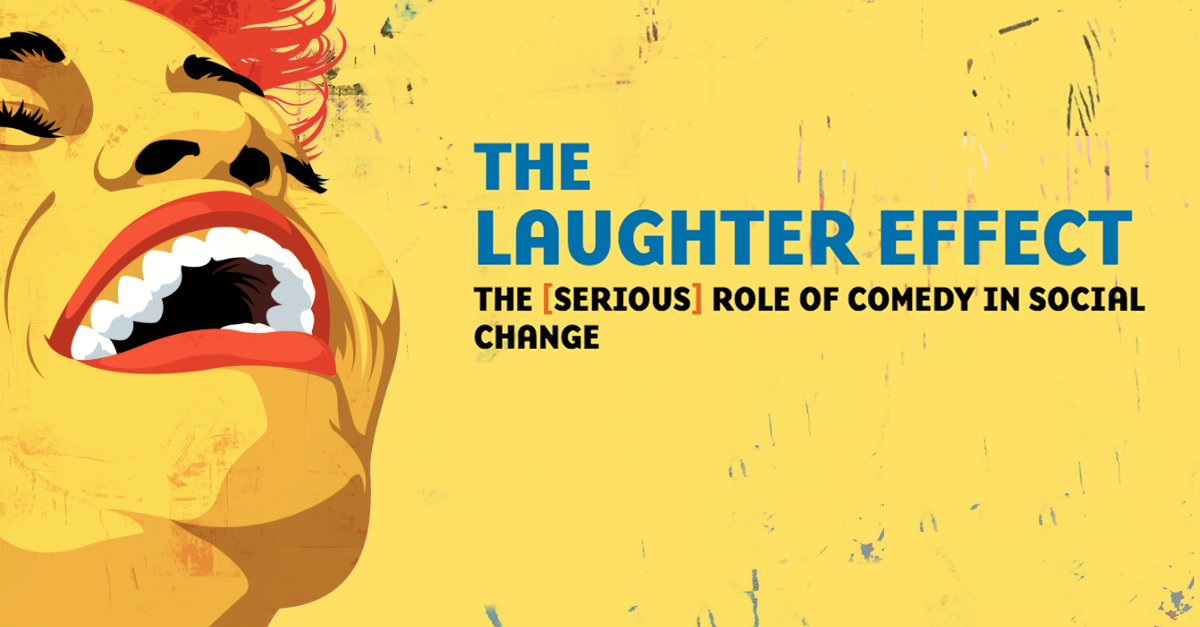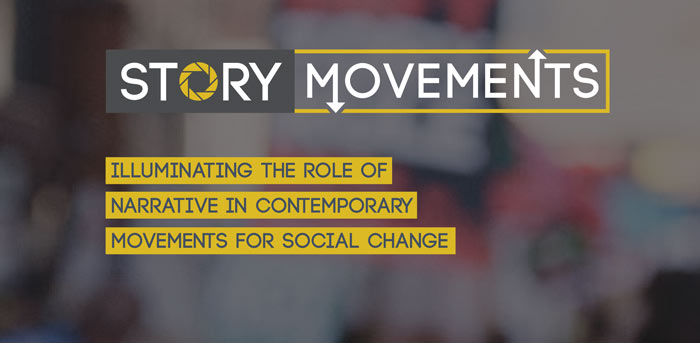
To inform this project, researchers from the Center for Media & Social Impact, in partnership with MTV Entertainment and When We All Vote, embarked on Watching Out for Democracy: How Entertainment TV Portrays Civic Leadership and Civic Engagement in the United States, an unprecedented examination of the top-rated leading entertainment TV shows during 2020, a historic year that saw soaring levels of voter participation in the national election. The study asks and answers key questions: What do young (18-34-year-olds) American audiences see and learn about civic roles and participation when they tune into their favorite entertainment TV shows? How is civic leadership—from elected officials and other public service leaders—portrayed? How do characters talk about and take civic action, from voting to volunteering to making change in their communities? The findings present opportunities for entertainment TV to portray authentic models of civic leaders and everyday characters grappling with contemporary dilemmas and solving complex problems in fresh, compelling storylines.

Homelessness & Housing Security in U.S. Culture: How Popular Culture and News Depict An American Challenge
This report provides a close examination of how issues of homelessness, affordable housing, and gentrification were depicted in U.S. news coverage and television programming in 2018. Supported by a grant from the Funders for Housing and Opportunity, this is part of our ongoing examinations about portrayals of pressing social issues in news and entertainment.

The Laughter Effect
The Laughter Effect is a series of investigations that spotlights how and why comedy can play a role in social change. Reports and studies from this project offer strategic recommendations about leveraging comedy for social justice – for change-makers, professional storytellers, and researchers.

Story Movements: Illuminating the Role of Narrative in Contemporary Movements for Social Change
CMSI convened a catalytic two-day conference in March 2019, in an effort to examine the platforms and genres of civic media storytelling through the lens of social justice and social inequality, and to chronicle these efforts and voices of civic storytelling in a systematic way.
